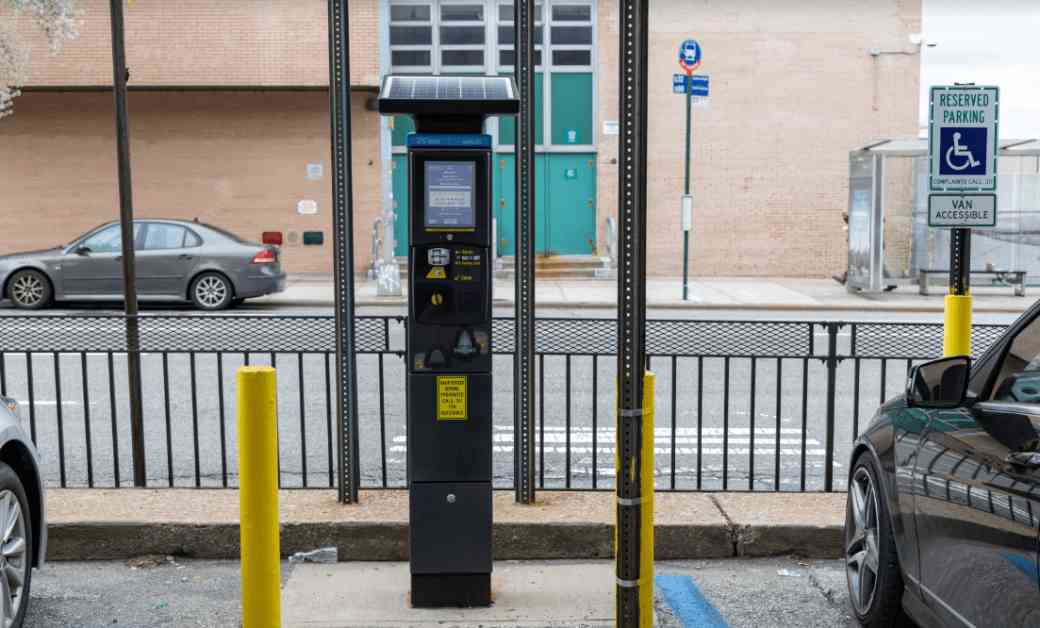Scammers Strike Again: NYC Parking Fee Scam Alert
A recent wave of fraudulent text messages has swept through New York City, targeting unsuspecting residents with a devious parking fee scam. The messages claim that recipients owe money to the City of New York for unpaid parking tickets and must make an immediate payment to avoid additional charges. What makes this scam particularly insidious is the fact that the messages appear to come from official city sources, complete with a link to a fake website designed to extract personal information.
The scam first surfaced over the weekend starting on February 28th, catching many New Yorkers off guard. Even individuals who do not own vehicles have reported receiving these deceptive texts, highlighting the widespread nature of the scam. Concerned citizens have taken to social media to share screenshots of the messages in an effort to warn others about the scam’s existence.
The NYC Department of Finance (DOF), responsible for managing parking ticket payments and related violations, has issued a stern warning on its official website, nyc.gov/finance. The message is clear: the DOF will never request personal information such as usernames, passwords, or security codes via text message or email. This cautionary note serves as a reminder for all New Yorkers to remain vigilant against potential scams.
This latest parking-ticket scam follows a previous wave of fake texts that emerged following the implementation of congestion pricing on January 5th. These messages masqueraded as official notices of toll evasion, prompting recipients to click on a link to view an alleged invoice. While the toll scam has subsided somewhat, authorities caution that it could resurface at any time. The Metropolitan Transportation Authority (MTA) advises against clicking on any suspicious links and reminds the public that E-ZPass New York will never request sensitive information like Social Security numbers.
Protect Yourself: Tips to Avoid Scams
In light of these fraudulent schemes, it is essential for New Yorkers to exercise caution when dealing with unsolicited messages or emails. Here are some practical tips to protect yourself from falling victim to scams:
– Avoid clicking on links in messages or emails from unknown senders.
– Be wary of websites that mimic legitimate sites but have subtle differences in the URL.
– Refrain from entering personal or financial information on untrustworthy websites.
– When in doubt, err on the side of caution and refrain from engaging with suspicious messages or senders.
– For additional guidance on recognizing and avoiding scams, visit the Federal Trade Commission’s website at consumer.ftc.gov.
By staying informed and maintaining a healthy skepticism towards unsolicited communications, New Yorkers can safeguard themselves against potential scams and protect their personal information from falling into the wrong hands. Remember: when it comes to online security, vigilance is key.
In conclusion, the recent surge in parking fee scams serves as a stark reminder of the importance of remaining vigilant in an increasingly digital world. While scammers may employ ever-evolving tactics to deceive unsuspecting individuals, a healthy dose of skepticism and caution can go a long way in protecting oneself against fraudulent schemes. By staying informed, exercising caution, and sharing information with others, we can collectively combat these deceptive practices and safeguard our personal information from falling into the wrong hands. Stay alert, stay safe, and together, we can outsmart the scammers.

